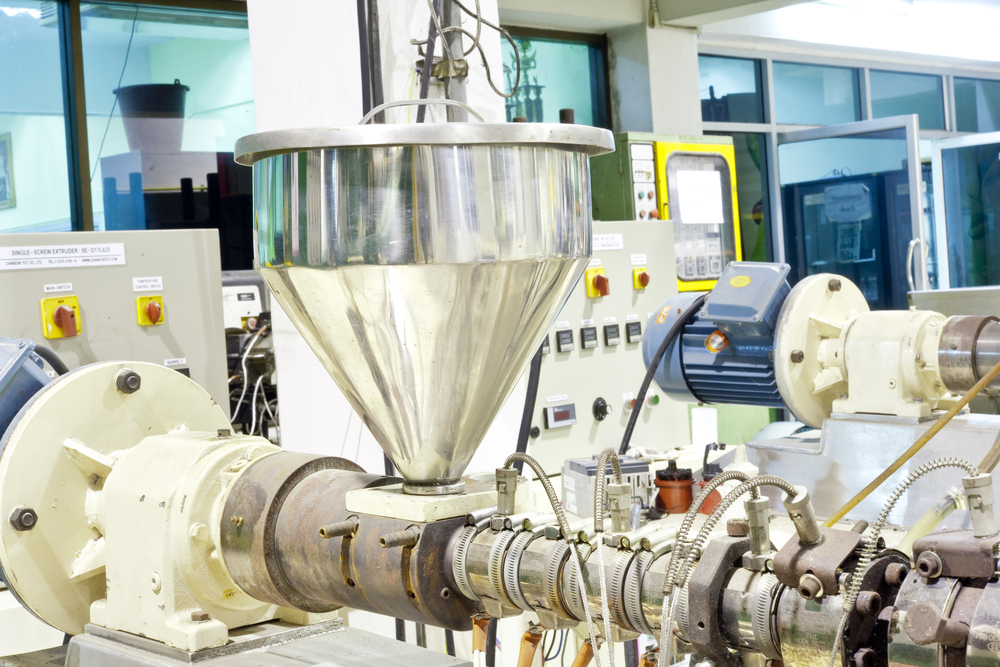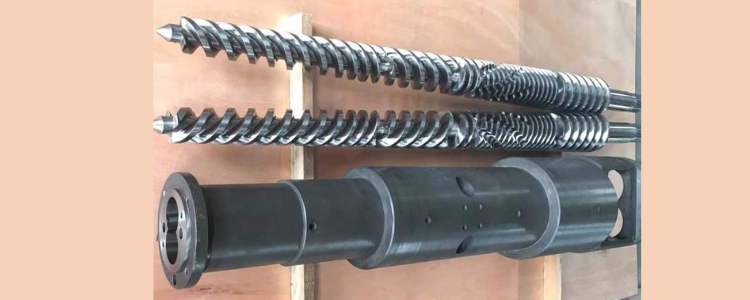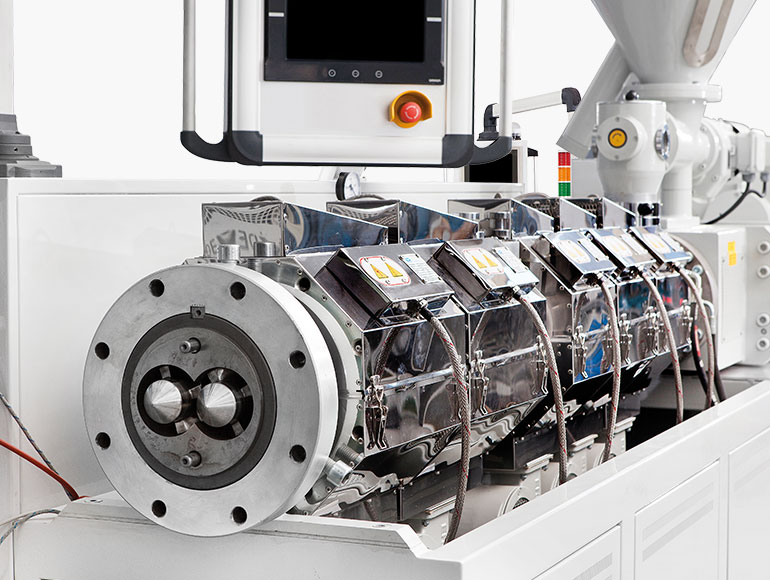Introduction
Used extruders offer cost efficiency in plastic processing facilities. With proper evaluation and a clear maintenance history, they can deliver reliable performance. This article covers buying considerations, key concepts, and practical tips for second-hand extruders. It emphasizes mil-kovan (screw and barrel) systems, twin-screw configurations, and granule processing contexts.
Key Concepts
An extruder is a machine that heats and plasticizes pellets and forces the material through a die or profile. Key terms include:
- Screw (mil): the rotating shaft that pushes material forward.
- Barrel (kovan): the housing that surrounds the screw and provides heating zones.
- Twin-screw extruder: two intermeshing screws, offering improved mixing and flow control.
- Granule machine: a broad term for equipment handling plastic pellets during processing.
- Used extruder: a second-hand unit where service history and current condition influence reliability and ROI.
Applications / Tips
When evaluating a used extruder, consider:
- Exterior condition: corrosion, cracks, seals, electrical panels.
- Screw and barrel wear: assess wear patterns, end seals, and possible damage.
- Heating/cooling controls: verify zones operate correctly and temperature control is accurate.
- Drive motor and gearbox: motor power, gearbox wear, alignment, and lubrication.
- Control system and electronics: compatibility of PLC/HMI with your line.
- Service history and spare parts: availability of parts and documented maintenance.
- Electrical safety and wiring: intact insulation and proper grounding checks.
- Test run: perform a controlled run to observe output quality and stability.
- Installation considerations: alignment, mounting, and integration with downstream equipment.
Common Mistakes
- Choosing the lowest price without verifying wear on critical components.
- Selecting screw/barrel combinations incompatible with your process or resin type.
- Ignoring service history or assuming parts are readily available.
- Overlooking energy efficiency and drive compatibility.
- Assuming exterior good condition guarantees interior integrity.
Conclusion
Used extruders can be a prudent investment when evaluated thoroughly, with documentation of maintenance and clear part availability. For tailored assessments and safe, informed decisions, contact our technical team for a status review and recommendations.


